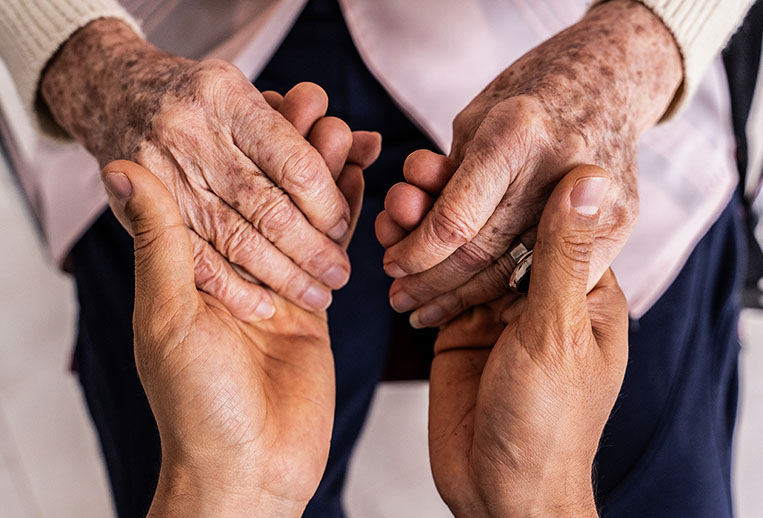If you have a loved one who is in a nursing home, assisted living or needing in-home care, we may need to look at applying for Medicaid for them.
Most people are afraid of receiving these benefits because they have heard all kinds of horror stories about people losing their homes, all of their life savings and being put into a terrible room at a terrible facility. Most of this won’t happen with correct planning.
There are ways to protect a portion of their assets, even if they are already in a nursing home now. However, we can usually protect more of the assets if the person is still at home. If you are caring for a loved one at home now, this is the perfect time to get this planning in place.
What you need to know:
- Under current Ohio Medicaid laws, a single person can have $2000 in cash assets and qualify for having the state pay for their nursing home, assisted living or 20 hours per week of in-home care.
- If the person is married, the spouse at home can keep 1/2 of the cash assets up to a maximum of $157,920 with a minimum of $31,584. *There are some exempt assets, including the house and household goods and furnishings, 1 car, term life insurance and burial policies and in certain circumstances, IRAs and 401(k)s may be exempt.
- Medicaid has a 5 year look back to see if you have given assets away. It’s not that you can’t give assets away, it’s just that if you have, they penalize you for doing so. They take the amount given away and divide it by $7787 and come up with a number of months the state won’t pay for your care. Most counties look at any transactions over $500 or $1000.
- “But I’ve heard that you can give away $19,000/year without any issues.” – This is true for the IRS, but not with Medicaid. This type of annual gifting only makes sense if you have A LOT of money and are trying to reduce your estate tax liability.

